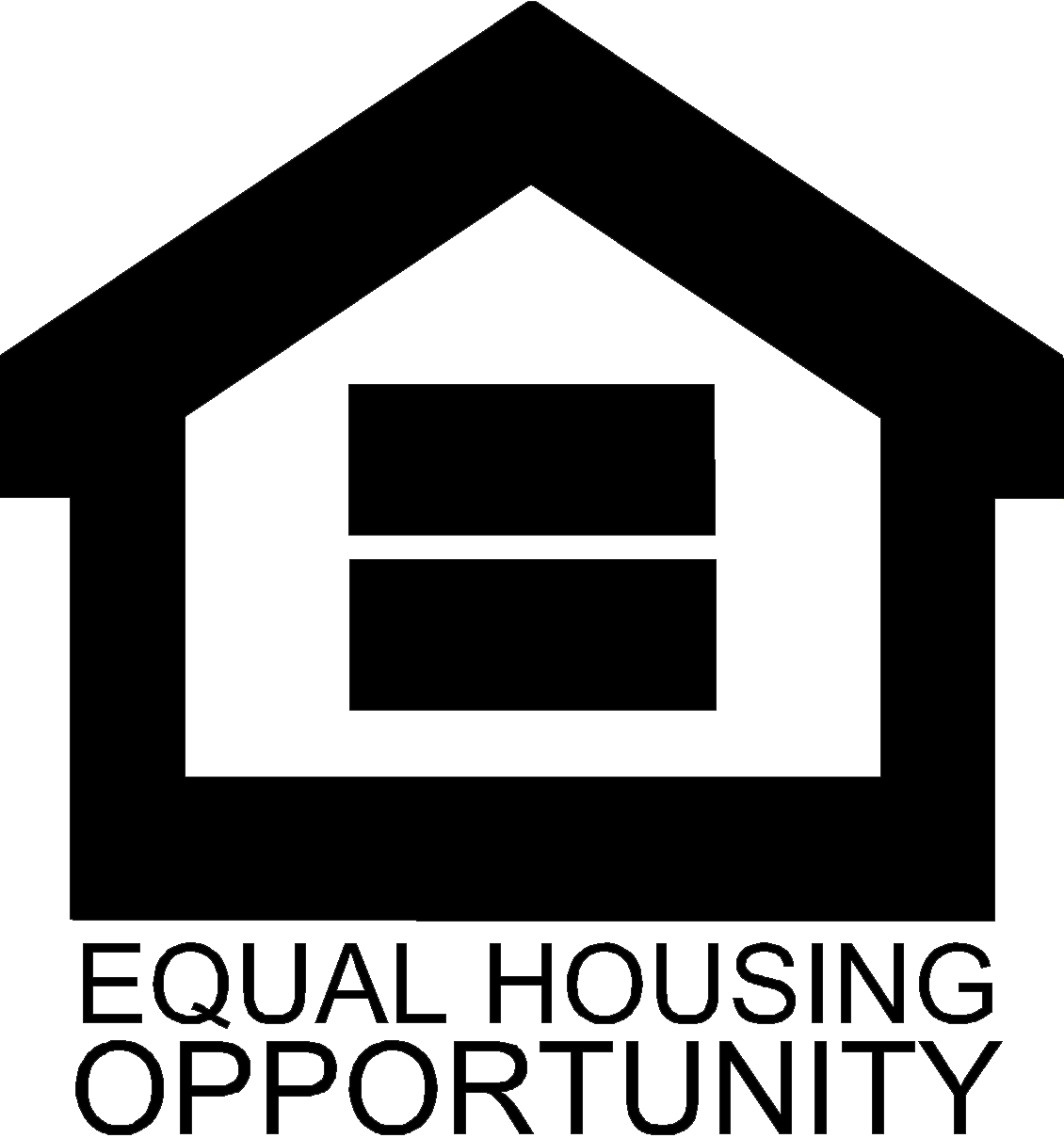A FHA insured loan is a Federal Housing Administration mortgage insurance backed mortgage loan which is provided by a FHA-approved lender. FHA insured loans have historically allowed lower income Americans to borrow money for the purchase of a home that they would not otherwise be able to afford. To obtain mortgage insurance from the Federal Housing Administration, a mortgage insurance premium (MIP) equal to a percentage of the loan amount at closing is required, and is normally financed by the lender and paid to FHA on the borrower’s behalf. FHA loans will also involve a monthly premium as well. See updated information regarding the new PMI guidelines.
The program originated during the Great Depression of the 1930s, when the rates of foreclosures and defaults rose sharply, and the program was intended to provide lenders with sufficient insurance. Some FHA programs were subsidized by the government, but the goal was to make it self-supporting, based on insurance premiums paid by borrowers. Over time, private mortgage insurance (PMI) companies evolved, and now FHA primarily serves people who cannot afford a conventional down payment or otherwise do not qualify for PMI.
FHA allows first time home buyers to put down as little as 3.5% and receive up to 6% towards closing costs. Specific FHA lender overlays may be tighter. FHA guidelines will allow a blood relative, such as a parent, to co-sign for the loan without requiring them to reside in home with first time home buyer. This is called a Non-Owner-Occupied Co-Borrower. Specific FHA lender’s underwriting guidelines will have their own standards.
To meet FHA loan credit criteria, a prospective borrower generally needs a FICO credit score of 620 or above. The credit score used for FHA loan qualification is determined by obtaining the borrower’s scores from each of the three major credit bureaus, then eliminating the highest and lowest scores. This score is referred to as the “middle score” or “mid score”. Although the FHA has set its minimum credit score requirement at a 580 for many of its programs, individual lending institutions can add additional requirements and raise the minimum score as they see fit.
A home must have an FHA appraisal performed by a certified appraiser to be an acceptable property for an FHA loan. To satisfy the FHA appraisal requirements, the home must be in reasonably good condition. Certain disqualifying appraisal conditions may include but are not limited to structural problems, leaking roofs or missing exterior paint or siding. The property appraised value is extremely significant in the FHA loan process and the home must appraise for at least the purchase price.
One of the biggest myths associated with FHA loans is that they are only available to first time home buyers. This is not true, FHA financing is available to any borrower, provided they meet established FHA and lender specific guidelines.
The highest FHA mortgage amount changes from county to county and metropolitan areas throughout the United States. The smallest maximum FHA loan amount in any county is $271,050, but can reach as large as $729,750 in particular high-cost locations.
FHA FINANCING IN WALLINGFORD
Based upon the last full year of sales, 2010, in which there were 125 transactions, FHA financing was utilized in 26 transactions, or 20.8% of sales reported in the MLS. The full breakdown of financing for 2010 was:
4 – Private Financing
4 – Veterans Administration (VA) Financing
22 – Cash
26 – FHA Financing
69 – Conventional Financing
Wallingford PA Real Estate – Wallingford, PA 19086

